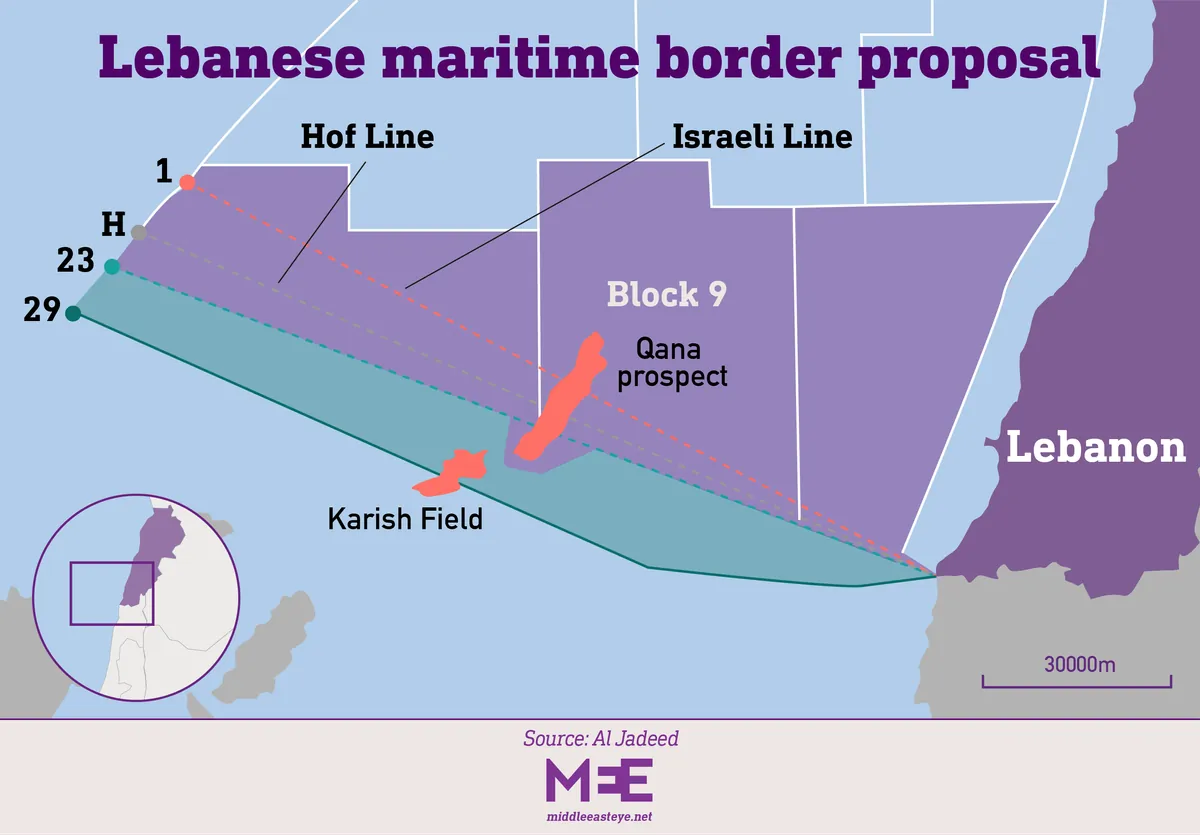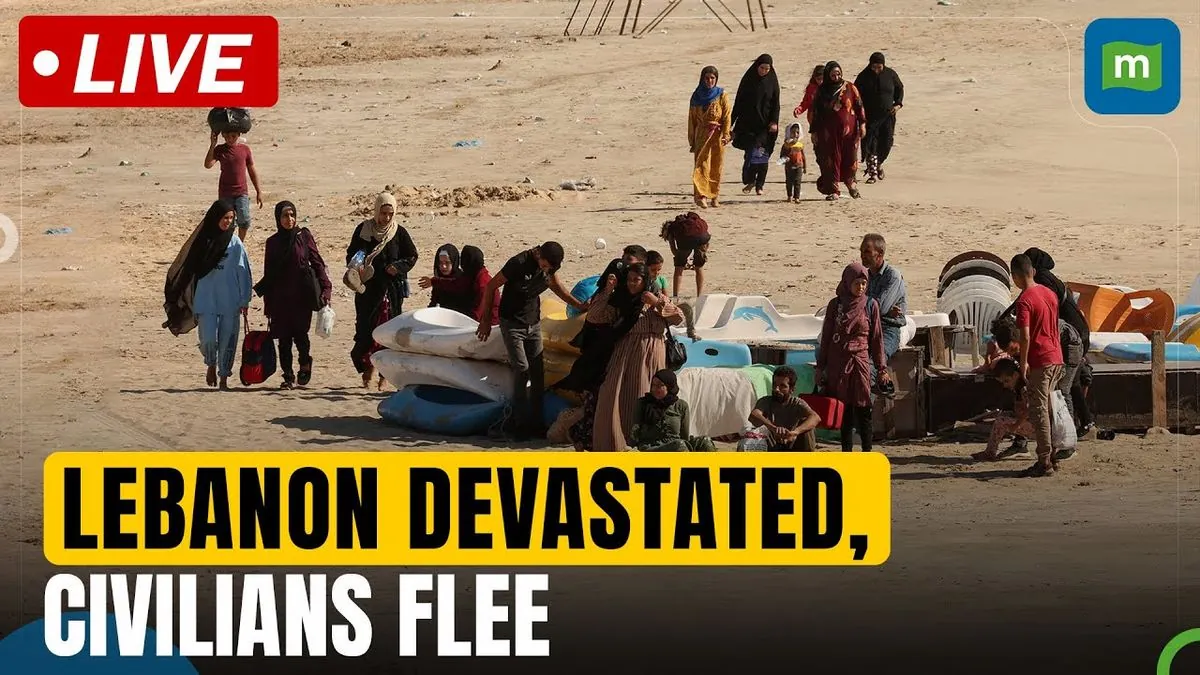Israel Intensifies Strikes on Lebanon as Conflict with Hezbollah Escalates
Israel launches widespread airstrikes across Lebanon, including Beirut, as conflict with Hezbollah intensifies. Death toll surpasses 500, thousands flee southern regions, and international concerns grow.

The conflict between Israel and Hezbollah has intensified, with Israel launching a new wave of airstrikes across Lebanon, including the capital's suburbs. This escalation marks a significant turning point in the ongoing tensions between the two entities.
Israel claims to have targeted 1,500 "terrorist infrastructure" locations in southern Lebanon and deeper into the country. Defense Minister Yoav Gallant asserted that Hezbollah has suffered substantial losses in command, control, and fighting capabilities. The Israeli military reported striking and killing Ibrahim Qubaisi, allegedly a high-ranking Hezbollah commander, in Beirut's Ghobeiry neighborhood.
Lebanon's Ministry of Health reported a death toll exceeding 500 since Monday, September 23, 2024, making it one of the deadliest periods since the end of the Lebanese Civil War in 1990. The casualties include 50 children, 94 women, and nine paramedics. This conflict adds to Lebanon's challenges, as the country has been grappling with a severe economic crisis since 2019 and hosts the largest number of refugees per capita globally.

In response, Hezbollah launched 300 projectiles into Israel, including new long-range Fadi missiles. The group targeted various locations in northern Israel, striking as far as 40 miles into Israeli territory.
The escalation coincides with the United Nations General Assembly in New York, where world leaders are engaged in diplomatic efforts to address the crisis. Iranian President Masoud Pezeshkian stated Iran's continued support for Hezbollah, linking it to U.S. arms supplies to Israel.
"We are willing to put all of our weapons aside, so long as Israel is willing to do the same. But we cannot have outside actors come in, arm one side to the teeth and prevent the other side from having the means to defend themselves."
The conflict has led to widespread displacement in Lebanon. Thousands of civilians are fleeing southern regions, creating traffic jams on roads leading to Beirut. The mayor of Tyre, Hasan Dbouk, estimated that 70% of the city's residents have departed. Tyre, one of the oldest continually inhabited cities in the world, now stands largely empty.
Lebanon's unique confessional political system and diverse religious communities add complexity to the situation. The country, which gained independence from France in 1943, has a history of conflicts with Israel since 1948, including the 34-day war in 2006.
International airlines have begun canceling flights to Beirut, exacerbating the sense of isolation. Hospitals, including the American University in Beirut Medical Center, are preparing for an influx of patients from affected areas.
The United Nations High Commissioner for Refugees reported the loss of two employees in the recent strikes, highlighting the impact on humanitarian efforts in the region. Lebanon, known for its Mediterranean climate and the iconic Cedar as its national symbol, now faces an uncertain future as the conflict threatens to escalate further.
As the situation develops, the international community watches closely, aware that Lebanon's population of approximately 6.8 million and its significant diaspora are at risk of being caught in a potentially prolonged conflict.


































